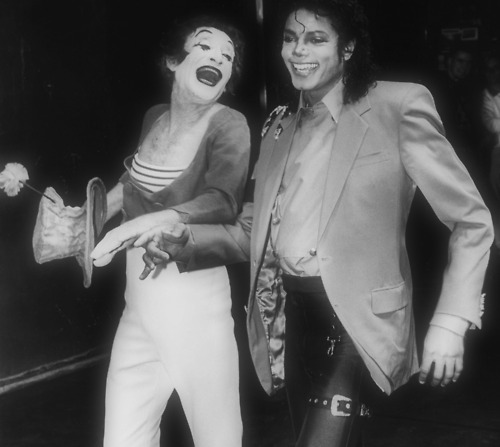DangerousGal91
You know I'm bad 😎
Haha not weird IMO, we're just discussing Michael and his brothers' appeal back in the olden days. I can speak for myself that I had my first crushes at around 10-11 or so, it's not like we're being weird about it.Well based on his "Dating Game" appearance and some articles when he was like 13-14 asking him about what he likes in girls, I am guessing there was a pre-teen market there with Michael. But it makes sense that he was the least sought after during J5 times since he was literal freaking child lol. But children get crushes on children, so it makes sense.
What a weird thing to even be discussing haha. Sorry all!
And I mean, to reference more recent times, when Justin Bieber was 14 he also had a lot of preteen fangirls. Like, a lot. I think it's a bit of a similar thing to Michael's appeal back then (and no, I'm not implying JB is on the same level as an artist lol, you know what I mean).

